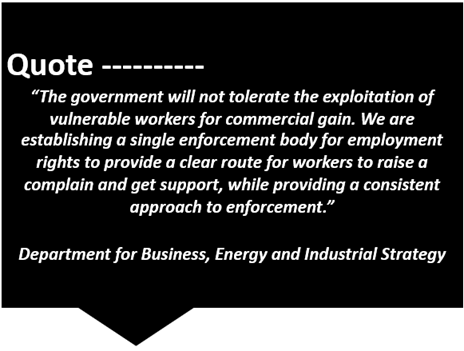Summary
- Small retailers would be attracting the tax instead of big retail giants like Amazon
- Local traders would be at a disadvantage as a result, and government should not allow that to happen, claim critics
- The company wants a common taxation structure across the OECD nations for the sake of uniformity
The HMRC has said that the large sized retail chains such as Amazon would be escaping the new digital services tax, as the small traders who will be using its site would be paying for it instead. The tax was announced in the UK during the month of March 2020 and was forecasted to garner £500 million worth of total annual revenue.
If media reports are to be believed, Amazon has been asked to pay a 2 per cent fee on the revenues generated via third party trading on its online platform. Government sources said that the country hoped that the multinational firm would be making their fair contribution to the British exchequer.
Earlier, in August 2020, there were reports stating that Rishi Sunak, Chancellor, UK Treasury is mulling over scrapping this digital services tax altogether.
However, with the new observations around smaller retailers attracting the tax instead of large giants like Amazon, the UK government is drawing criticism from various fronts.
For instance, Lord Leigh of Hurley said that this system would be putting local retailers at a significant disadvantage and should be discouraged. The main objective of levying digital tax on foreign companies gets defeated in such a scenario when they are able to simply pass on the tax to their small sized vendors, making them bear the entire brunt of the new levy.
According to an Amazon spokesperson, the company has no problem if it is charged a small digital tax to operate in the United Kingdom. However, it would be better if this tax is levied uniformly at an OECD (Organisation for Economic Cooperation and Development) level rather than unilaterally by different nations. The member countries should therefore go in for an agreement in this regard, he proposed. This will bring in clarity and fair practices internationally, he further emphasised.
Earlier, the US had said that it was not in favour of a new digital tax being introduced by various European nations and would place the global MNCs at a competitive disadvantage. Despite this opposition, the UK and European Union were in favour of this tax, as it would add another revenue stream to their drying up tax-collection baskets, as a result of the coronavirus pandemic.
Global giants such as Amazon, Google, and Facebook are likely to attract these taxes.
Google UK paid a corporation tax of £44 million in 2019 while the corresponding amount paid by Amazon was £6.3 million for the same year.
Criticism over unfair tax practices
Amazon UK Services Limited generated sales worth £17.5 billion in Britain for the year 2019. However, it paid a relatively smaller amount of over 6 billion pounds as taxes for the year. The reason quoted was that the corporation tax is based on profits and not on the company turnover. Amazon did not reveal its profits for the year.
Due to the ill effects of the coronavirus pandemic, the profits were impacted in a highly competitive and low-margin market, quoted the company.
Amazon UK has been facing criticism over its tax practices for many years now and is fighting a legal battle with the European Commission (EC) regarding the claims. It has been charged with gaining an unfair tax advantage from Luxembourg. The company’s British sales are channelised via Amazon EU Sarl, a Luxembourg based firm.
Amazon’s competitors in Britain said that the company operated through a highly tax efficient system, giving it a significant tax advantage over them. Consequently, the rivals end up paying a larger proportion of local taxes, payroll amounts, and the corporation tax.
Amazon UK Services Limited has close to 25,000 staff on its payrolls. On account of shares awarded to its employees, the firm generated an annual savings worth £17 million for 2019.
Union demands better work conditions
Workers’ trade union has asked the UK government to compel Amazon for improving work conditions by empowering the employment bill, which is likely to be introduced soon in the British parliament.
The union elaborated that the company puts its staff through difficult productivity targets and has minimal interaction with the workers union.
During its high sale days like the Prime Day, workers are forced to perform beyond their limits, it blamed. These intense working conditions have even led to the staff collapsing during work hours. For instance, during 2015 to 2018, ambulance was called around 600 times across various company warehouses in the UK.
The union wants the upcoming employment bill to have protective clauses around eliminating bogus self-employment, a ban on zero-hour contract, protection of supply chain staff, and union’s access to Amazon’s working areas.
The company was in news recently when it was reported that in the US, close to 20,000 employees of Amazon got infected with the Covid-19 virus.
The online retail firm had recently said that it planned to generate 10,000 new jobs by the end of December 2020 across Britain.

Stock performance
The company stock (LON:0R1O) has gained substantially throughout the year 2020. It stuck a low value of GBX 1706.96 on 13 March 2020 when the pandemic had broken out across the UK.
Barring that time, the stock has been consistently moving up over the year and had touched an almost double value of GBX 3404.00 points on 14 October 2020. On that day, it delivered a good year to date return of 82.14 per cent. The earnings per share were recorded to be 23.4 per cent.



